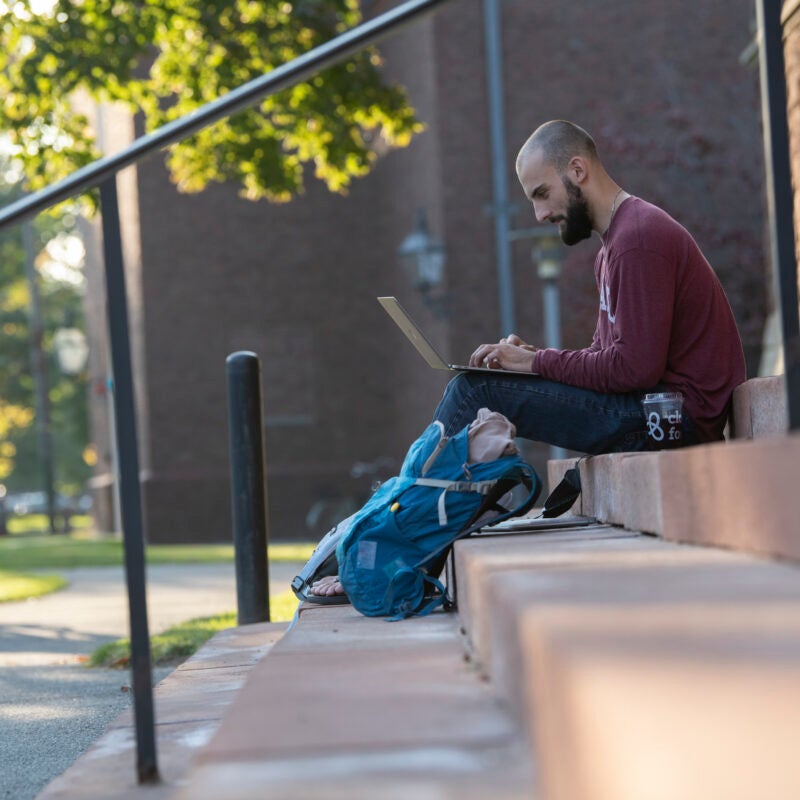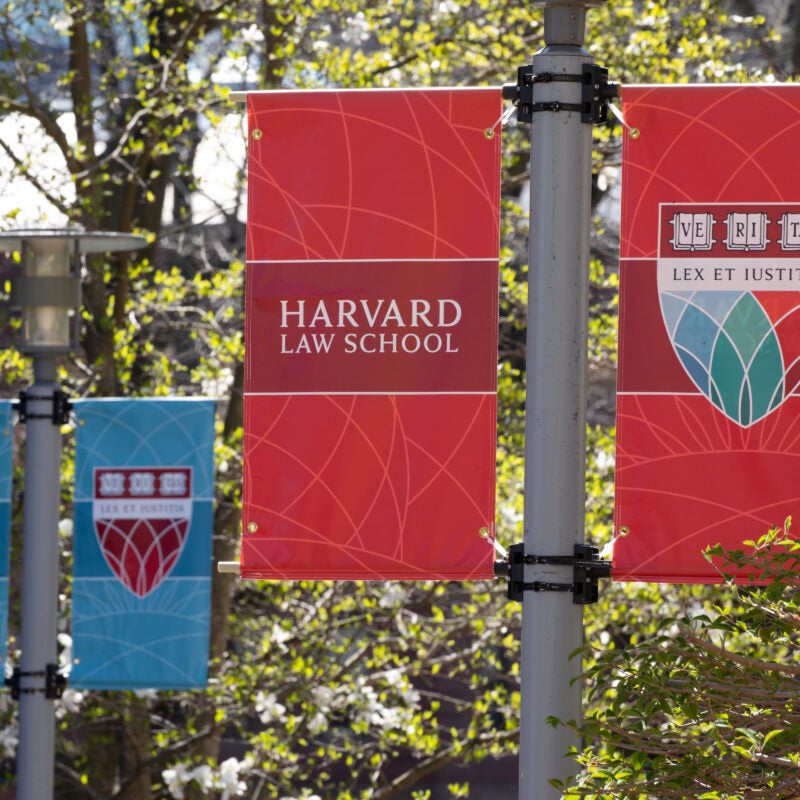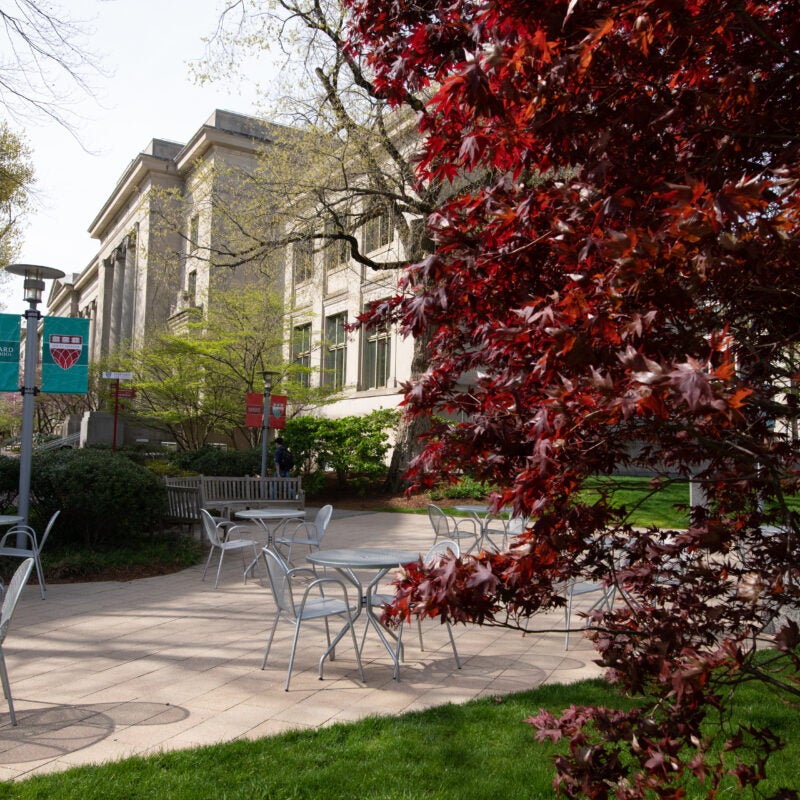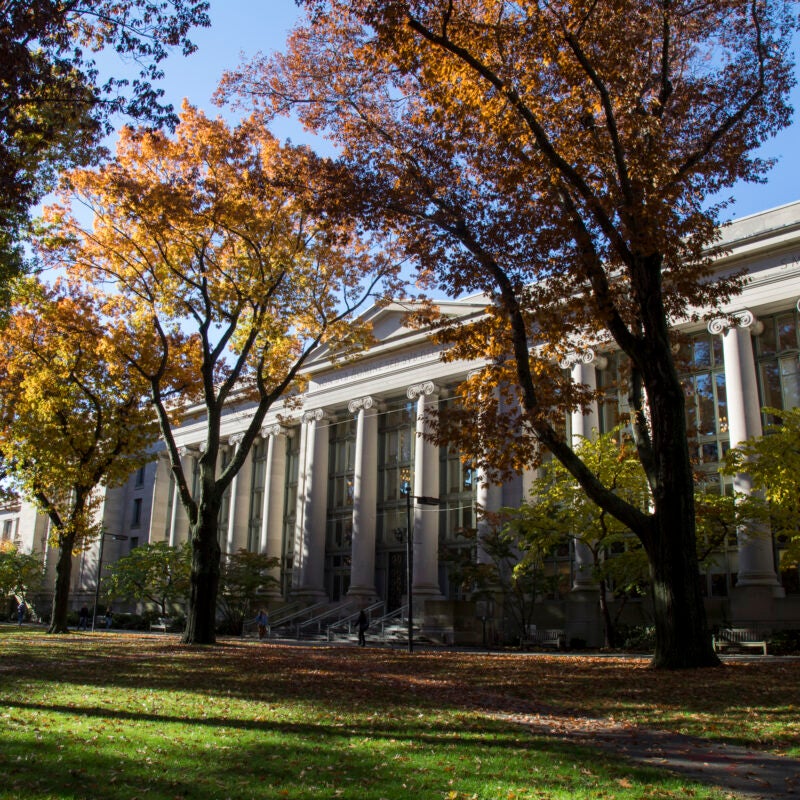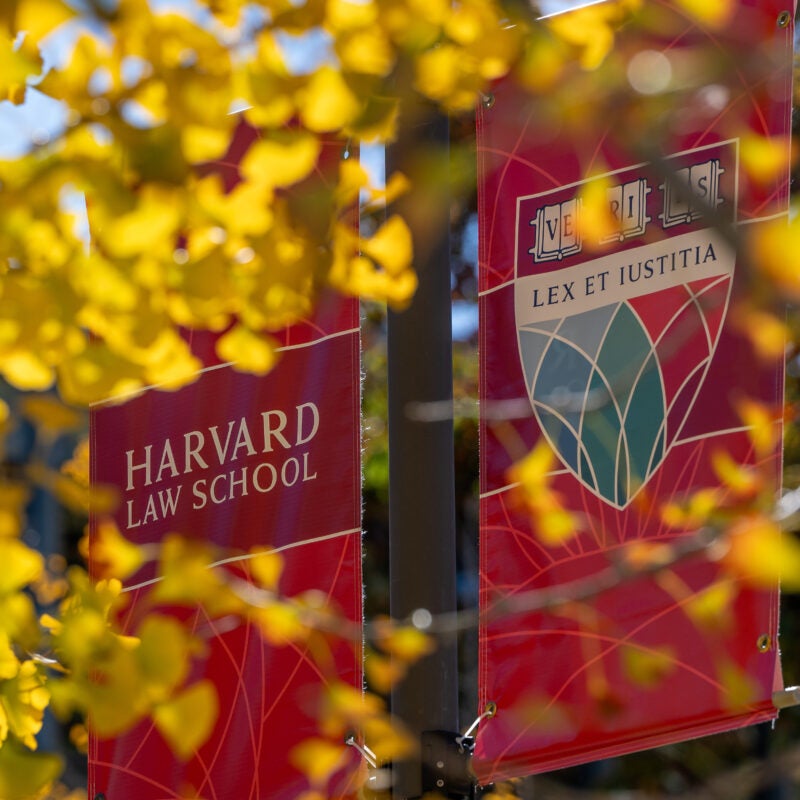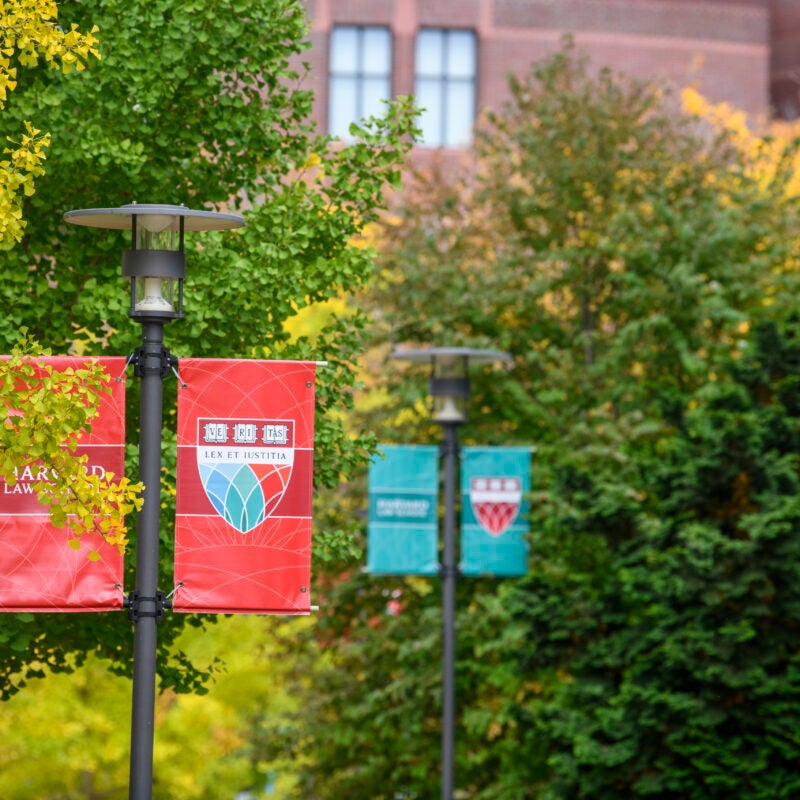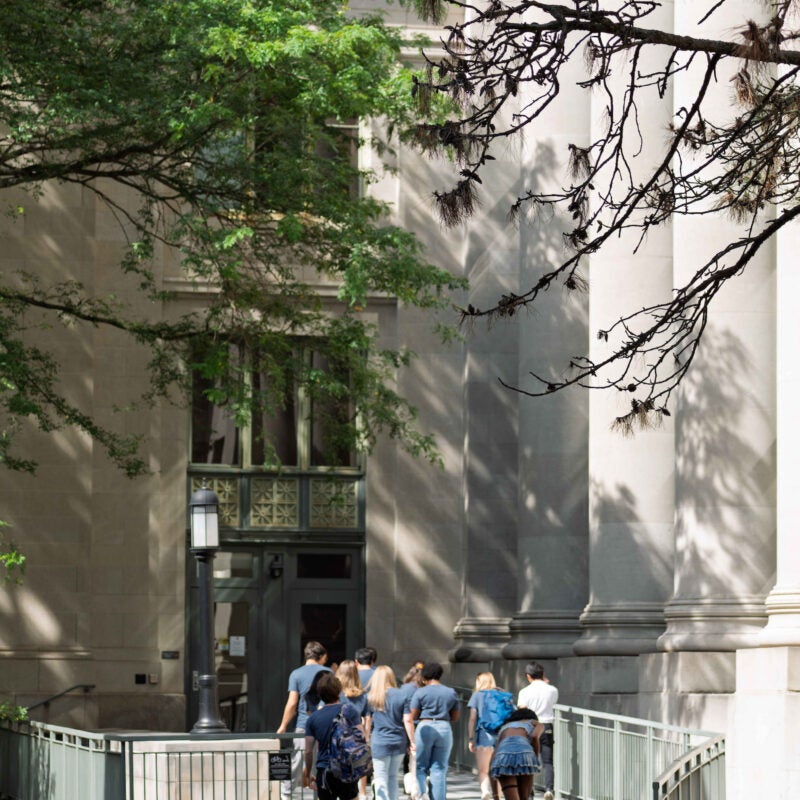
The J.D. Admissions team knows how much work goes into preparing your law school application. We compiled the application resources, information, and advice from across our website to help you put together an application that best reflects your abilities and readiness for Harvard Law School. We look forward to reading your application soon!
Application Toolkit
View our collected application advice from our website, podcast, and beyond.
Application Timeline
-
J.D. Application Timeline
The application for Fall Term enrollment typically opens in mid-September and closes in mid-February.
-
JDP Application Timeline
The Junior Deferral Program application typically opens on May 1 and closes on July 1.
-
Transfer Application Timeline
The transfer application typically opens up in early May and closes in mid-June.

